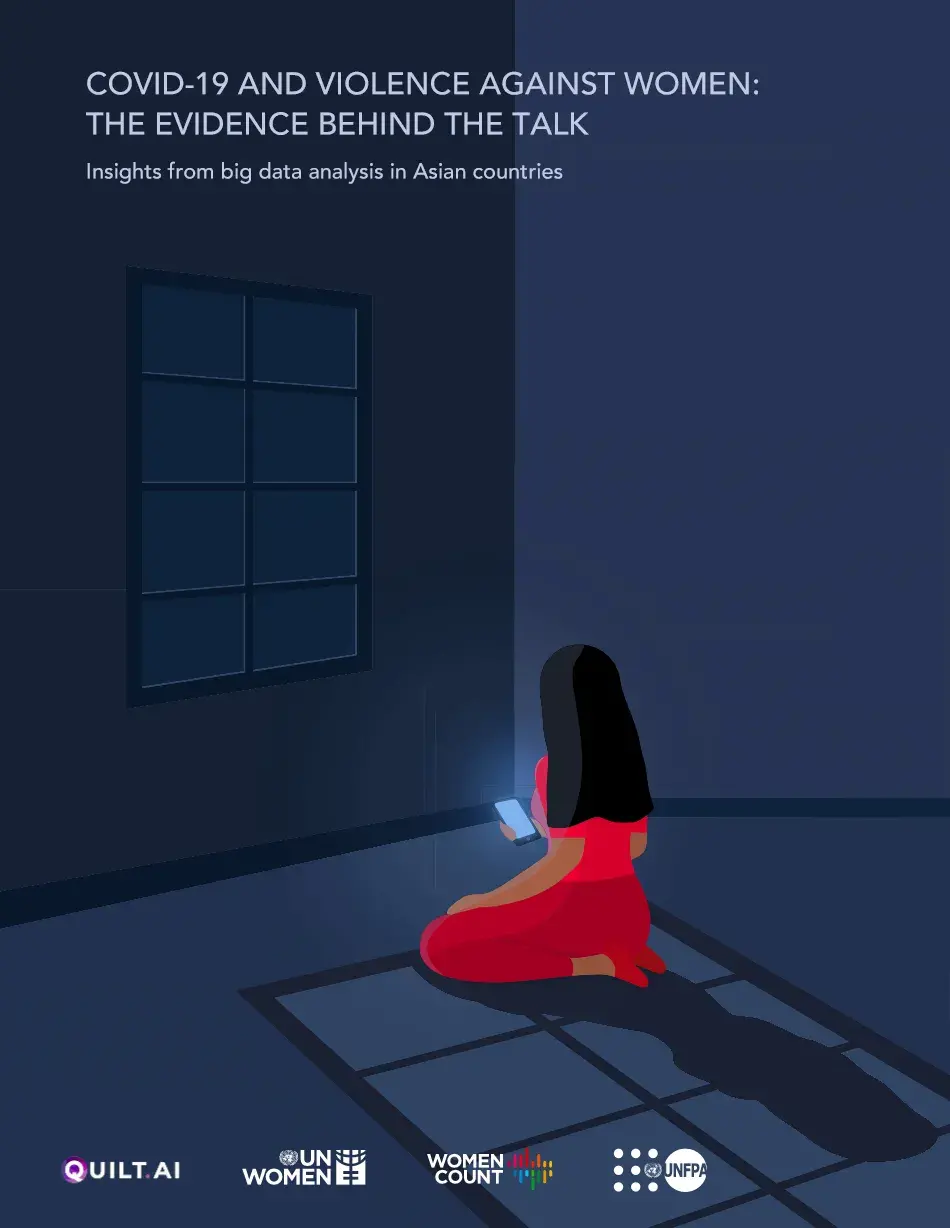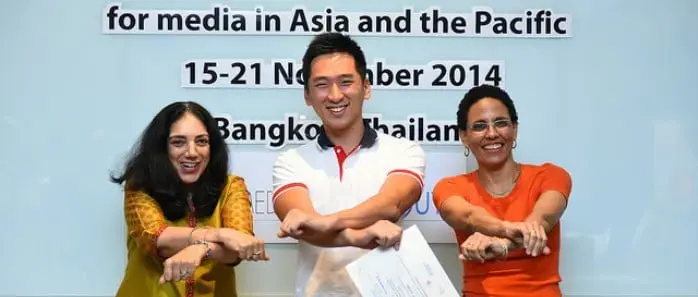Big data analysis shows that Internet searches related to violence against women and help-seeking rose significantly during COVID-19 lockdowns in eight Asian countries, buttressing evidence of the particular dangers faced by women confined to homes or restricted in their movements.
In response, government and private service providers should boost their online reach and engagement with survivors of violence, says this new report.
UNFPA and UN Women partnered with the analytics company Quilt.AI to focus on eight countries: Bangladesh, India, Indonesia, Malaysia, Nepal, Philippines, Singapore and Thailand. The analysis spanned periods from September 2019 to November 2020 and covered about 20.5 million unique searches; 3,500 keywords on violence against women; 2,000 posts on Facebook, Twitter, YouTube and ShareChat; and the Facebook pages and social media posts of 32 service organizations.
The report says searches related to physical violence increased significantly between October 2019 and September 2020. Searches using help-seeking keywords increased in almost all countries. Online misogyny rose, including trolling, sexual harassment and victim-blaming. However, online support for survivors also increased as did campaigns by service providers.
This analysis of big data gives a better picture of exactly what different women need most urgently, and how all support agencies - government, private-sector, international organizations and civil society - can improve the ways they reach out to these groups.
The study clearly shows the crucial role digital platforms can play in helping address violence against women, and underscores the urgent need to provide digital literacy skills to disadvantaged populations, to ensure access to potentially lifesaving online tools. Supporting women and girls impacted by the digital divide must be a priority for governments and partners as countries build back better in a post-pandemic world.




